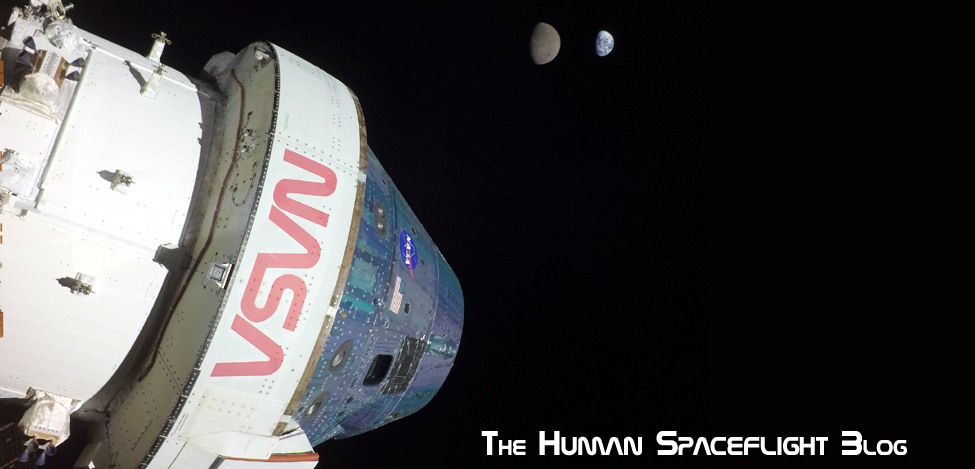 NASA / Kim ShiflettARES I-X Update...
NASA / Kim ShiflettARES I-X Update...****
NASA'S ARES I-X ROCKET ARRIVES AT LAUNCH PAD IN FLORIDA (Press Release) CAPE CANAVERAL, Fla. - For the first time in more than a quarter century, a new vehicle is sitting at Launch Pad 39B at NASA's Kennedy Space Center in Florida. The
Ares I-X flight test vehicle arrived at the pad atop of a giant crawler-transporter at approximately 7:45 a.m. EDT Tuesday.
The crawler-transporter left Kennedy's Vehicle Assembly Building at 1:39 a.m., traveling less than 1 mph during the 4.2-mile journey. The rocket was secured on the launch pad at 9:17 a.m.
The vehicle is scheduled to launch at 8 a.m. on Oct. 27. This test flight of the Ares I-X rocket will provide NASA an early opportunity to test and prove hardware, models, facilities and ground operations associated with the
Ares I launch vehicle.
The Ares I rocket is being designed to carry astronauts to space in the
Orion crew exploration vehicle. The Ares I-X test flight also will allow NASA to gather critical data during ascent of the vehicle's integrated stack, which includes the Ares I with a simulated upper stage, Orion and launch abort system. Data collected from more than 700 sensors throughout the rocket will begin to confirm the vehicle as a whole is safe and stable in flight before astronauts begin traveling into orbit.
"With the arrival of Ares I-X at the pad, this milestone demonstrates NASA's world-class ability to conceptually design, build and process a new launch vehicle in just under four years," said Bob Ess, mission manager for Ares I-X at Kennedy. "Nearly 2,000 NASA and contractor employees located throughout the United States worked together in an unprecedented fashion, resulting in the new vehicle ready for flight."
During the week before launch, technicians at the pad will perform a variety of electrical and mechanical checks to ready the vehicle for flight, including hydraulic power unit hot fire, steering tests and internal power verifications using flight batteries.
United Space Alliance of Houston is NASA's prime contractor for the ground processing of the Ares I-X rocket.
"Processing for the Ares I-X test flight in parallel with space shuttle operations has been a true challenge involving people and hardware from across the country, and we're very proud of what the team has accomplished," said Mark Nappi, vice president of Launch and Recovery Systems for United Space Alliance.
ATK Space Systems of Magna, Utah, is NASA's prime contractor for the first stage of the rocket.
"The NASA and contractor teamwork displayed over the last four years has been the catalyst that brought us to this important milestone today," said Bob Herman, ATK's vice president of Exploration Systems for Kennedy Space Center Operations. "As the Ares I first stage provider, we are looking forward to receiving invaluable data during the flight test."
At the Flight Test Readiness Review on Oct. 23, mission managers will finalize the launch date and provide the team with a final "go" or "no go" for launch.
Ares I-X is an uncrewed, suborbital development test in a modified Ares I configuration. Ares I-X is the first developmental flight test of the Constellation Program, which includes the Ares I and
V rockets, Orion and the
Altair lunar lander.
****
 NASA / Kim Shiflett
NASA / Kim Shiflett NASA / Jack Pfaller
NASA / Jack Pfaller NASA / Kim Shiflett
NASA / Kim Shiflett NASA / Kim Shiflett
NASA / Kim Shiflett NASA / Kim Shiflett
NASA / Kim Shiflett NASA / Jim Grossmann
NASA / Jim Grossmann NASA / Jack Pfaller
NASA / Jack Pfaller
